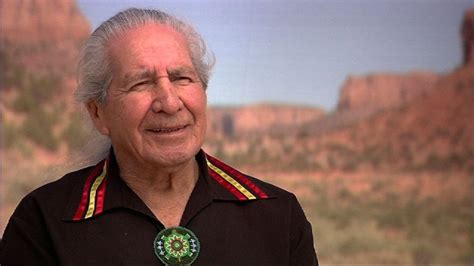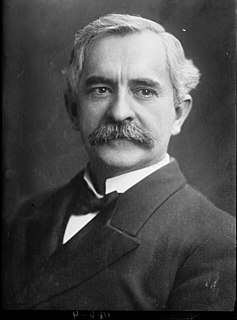A Quote by Julian Huxley
We are used to discounting the river-gods and dryads of the Greeks as poetical fancies, and even the chief figures in the classical Pantheon-Venus, Minerva, Mars, and the rest-as allegories. But, forgetting that they once carried as much sanctity as our saints and divinities, we refrain from applying the same reasoning to our own objects of worship.
Related Quotes
In the fabulous ages of ancient times the appellations of Mercury, Venus, Mars, Jupiter, and Saturn were given to the planets as being the names of their principal heroes and divinities. In the present more philosophical era, it would hardly be allowable to have recourse to the same method, and call on Juno, Pallas, Apollo, or Minerva for a name to out new heavenly body. . . . I cannot but wish to take this opportunity of expressing my sense of gratitude, by giving the name Georgium Sidus, to a star [Uranus], by which (with to respect to us) first began to shine under His auspicious reign.
For the next fifty years this alone shall be our keynote - this, our great Mother India. Let all other vain gods disappear for the time from our minds. This is the only god that is awake, our own race - "everywhere his hands, everywhere his feet, everywhere his ears, he covers everything." All other gods are sleeping. What vain gods shall we go after and yet cannot worship the god that we see all round us, the Virât? When we have worshiped this, we shall be able to worship all other gods.
We have accounts of the deification of men in pagan mythology. But I do not remember any account of a god becoming a man, to help man. Whoever heard of Jupiter or Mars or Minerva coming down and attempting to bear the burdens of men? The gods were willing enough to receive the gifts of men, but Christianity is unique in the fact that our God became a man with human infirmity and emptied Himself of the glory of heaven, in order that He might take upon Himself the sins, diseases and weakness of our humanity.
We can expect God to provide everything necessary to make worship possible. We children of God must ever be dependent upon God, for we have no resources of our own. We are as impoverished in worship times as a baby unable to provide its own bottle at feeding time. God, the object of our worship, also becomes the inspiration of that worship. He has imparted His own Spirit into our hearts to energize that worship. All that is due Him comes from Him. His glorious Person evokes admiration for and honor of Him, as He imparts His nature into me.
I think there is a modern temper. The authority figures we revered in the past are all up for grabs - they're gone. We are groping for meaning in a world where some of our gods have died. We're asking ourselves, 'Who is our true brother and sister, where is our true home?' The modern tempter is our struggle to lead meaningful lives, and even if we don't believe in religion, we can reach down and hold on to our core values for guidance.
Physical objects are conceptually imported into the situation as convenient intermediaries not by definition in terms of experience, but simply as irreducible posits comparable, epistemologically, to the gods of Homer . . . For my part I do, qua lay physicist, believe in physical objects and not in Homer's gods; and I consider it a scientific error to believe otherwise. But in point of epistemological footing, the physical objects and the gods differ only in degree and not in kind. Both sorts of entities enter our conceptions only as cultural posits.
As ephemeral as our footprints were in the sand along the river, so also were those moments of childhood caught in the photographs. And so will be our family itself, our marriage, the children who enriched it and the love that has carried us through so much. All this will be gone. What we hope will remain are these pictures, telling our brief story.



































